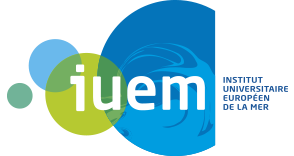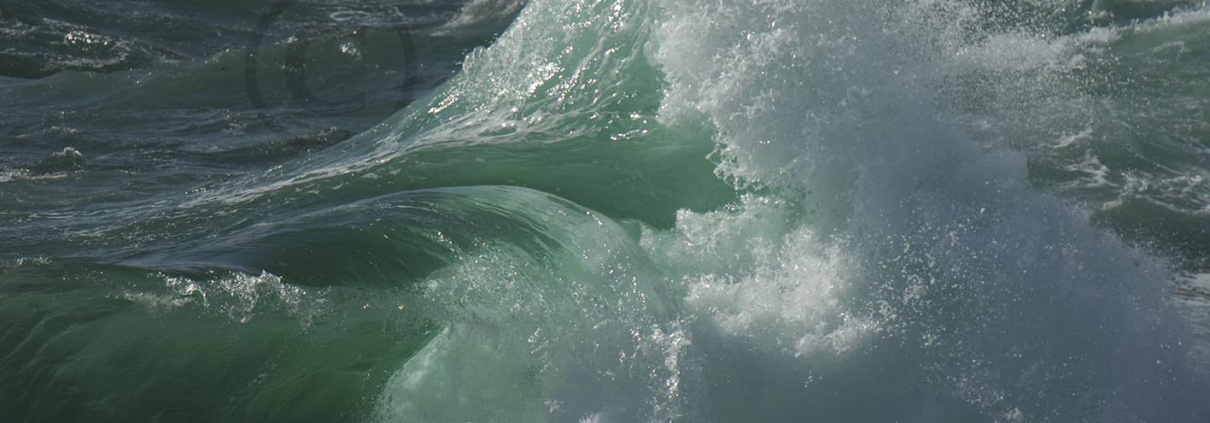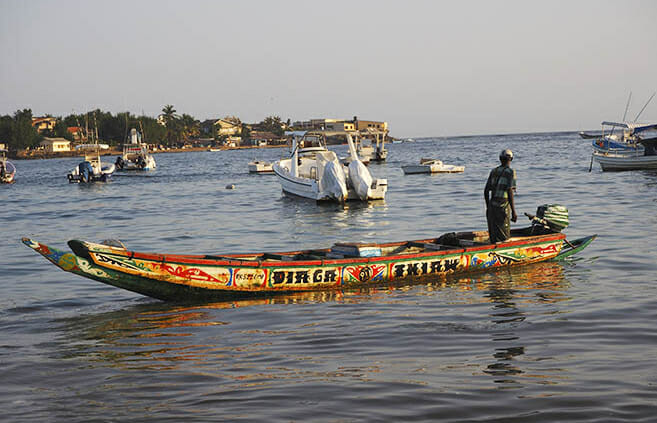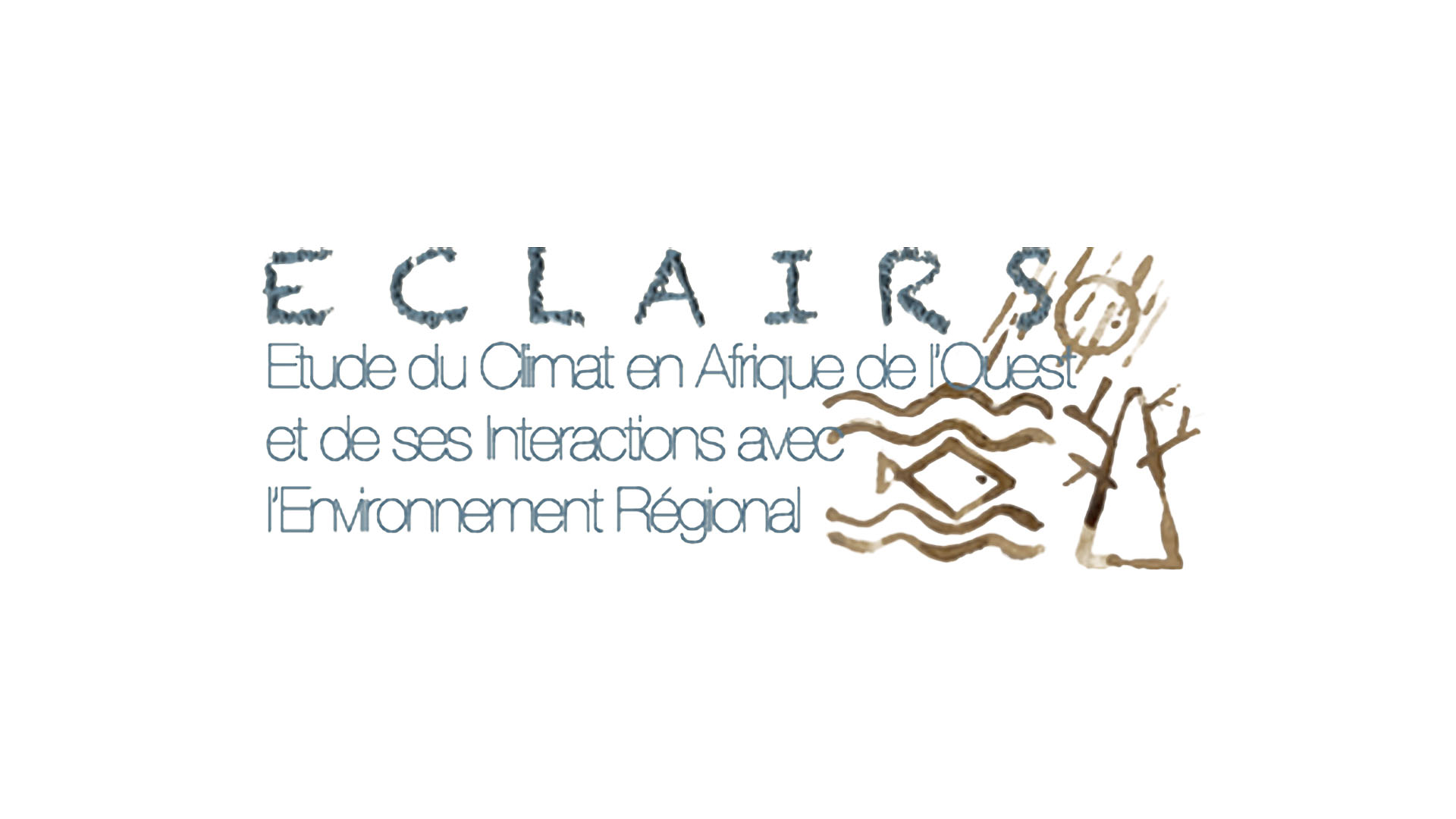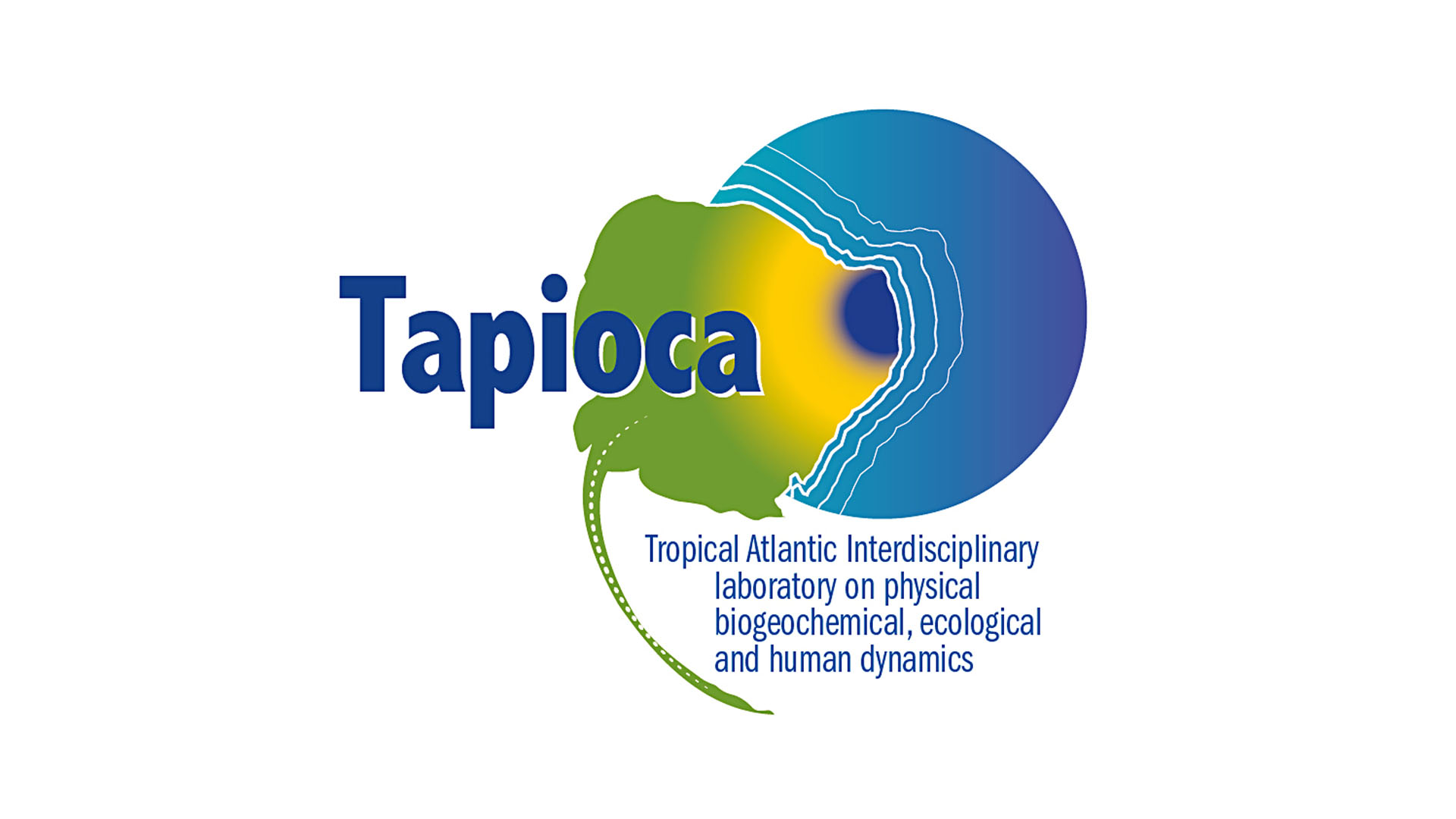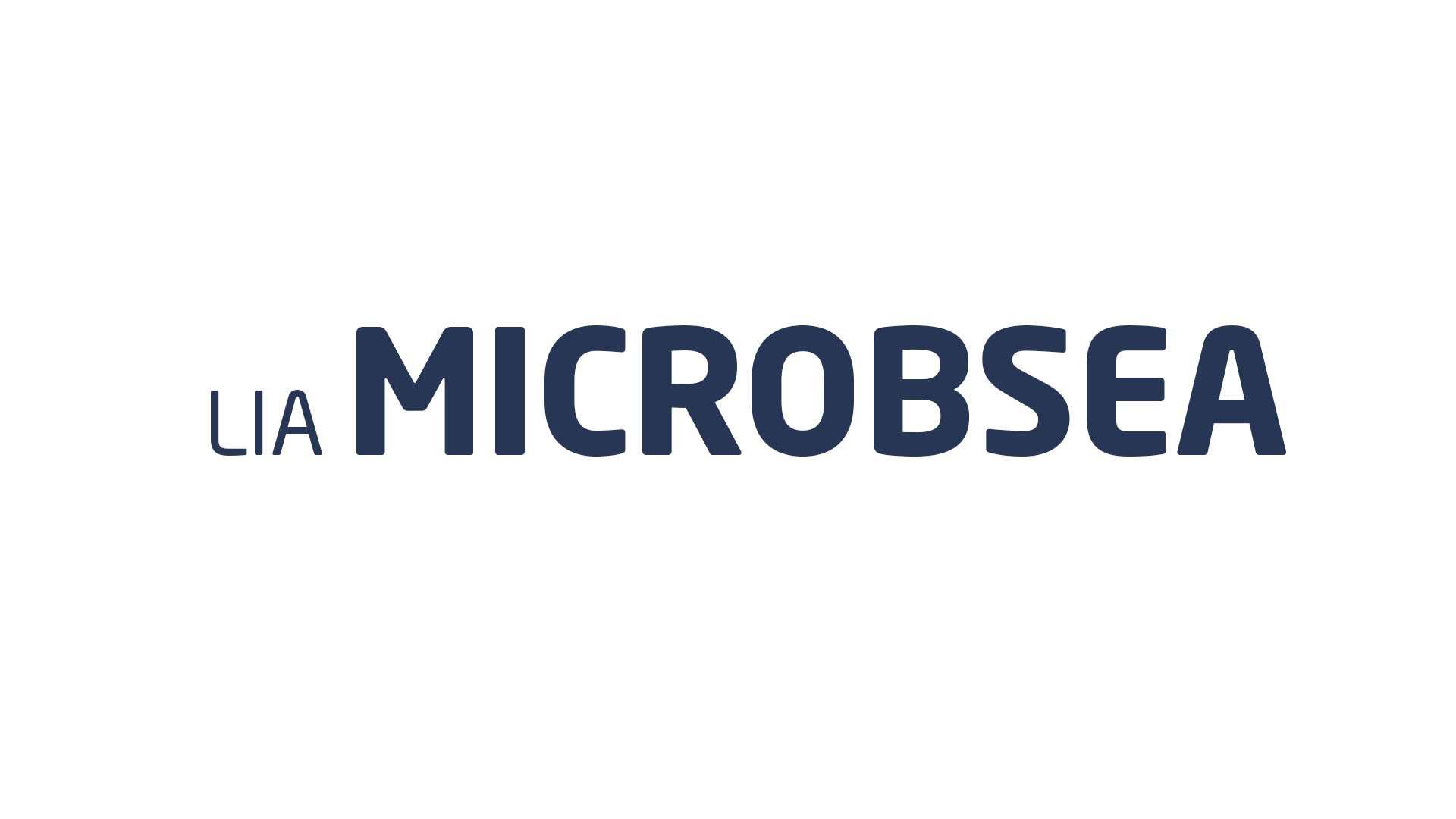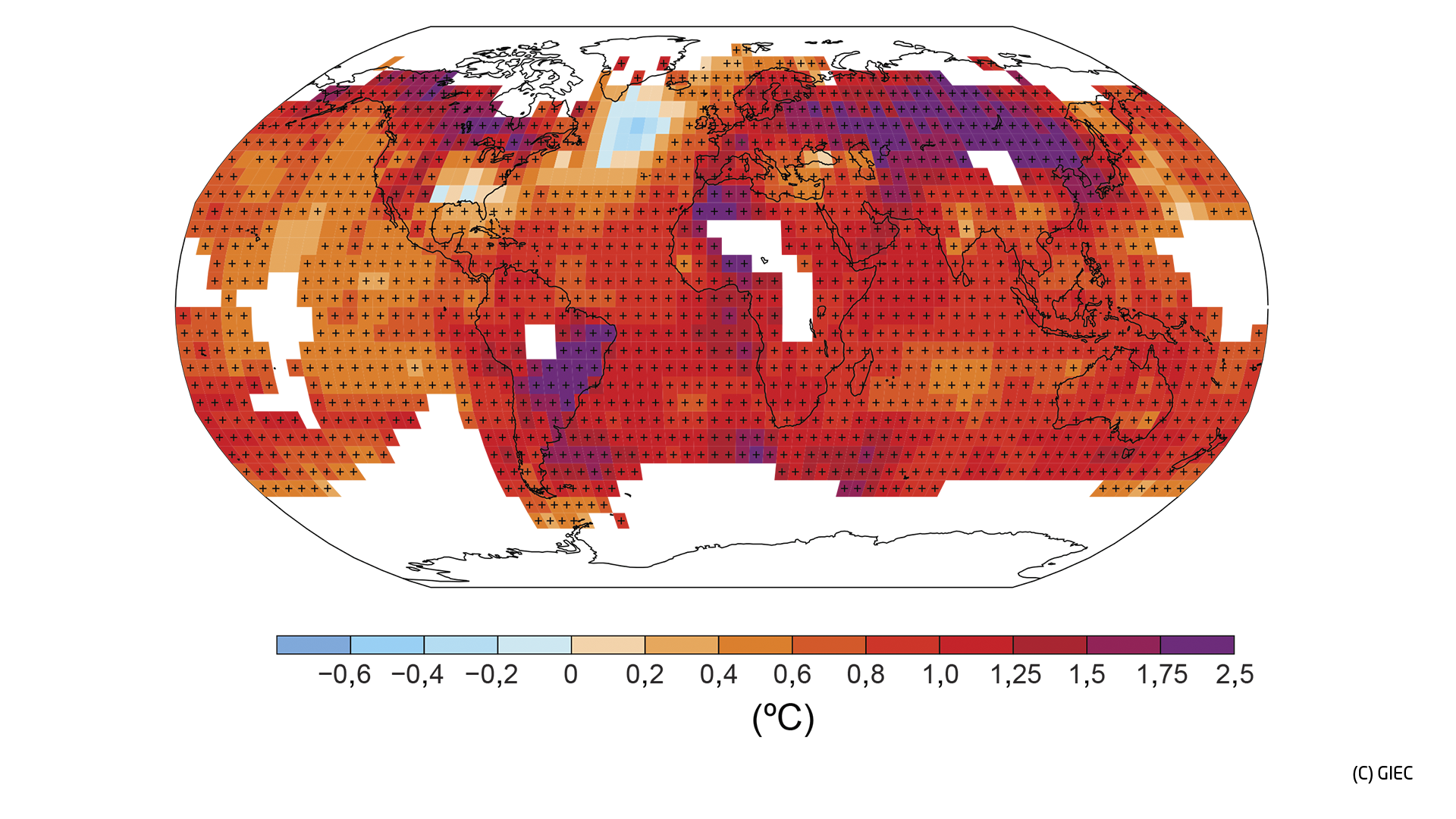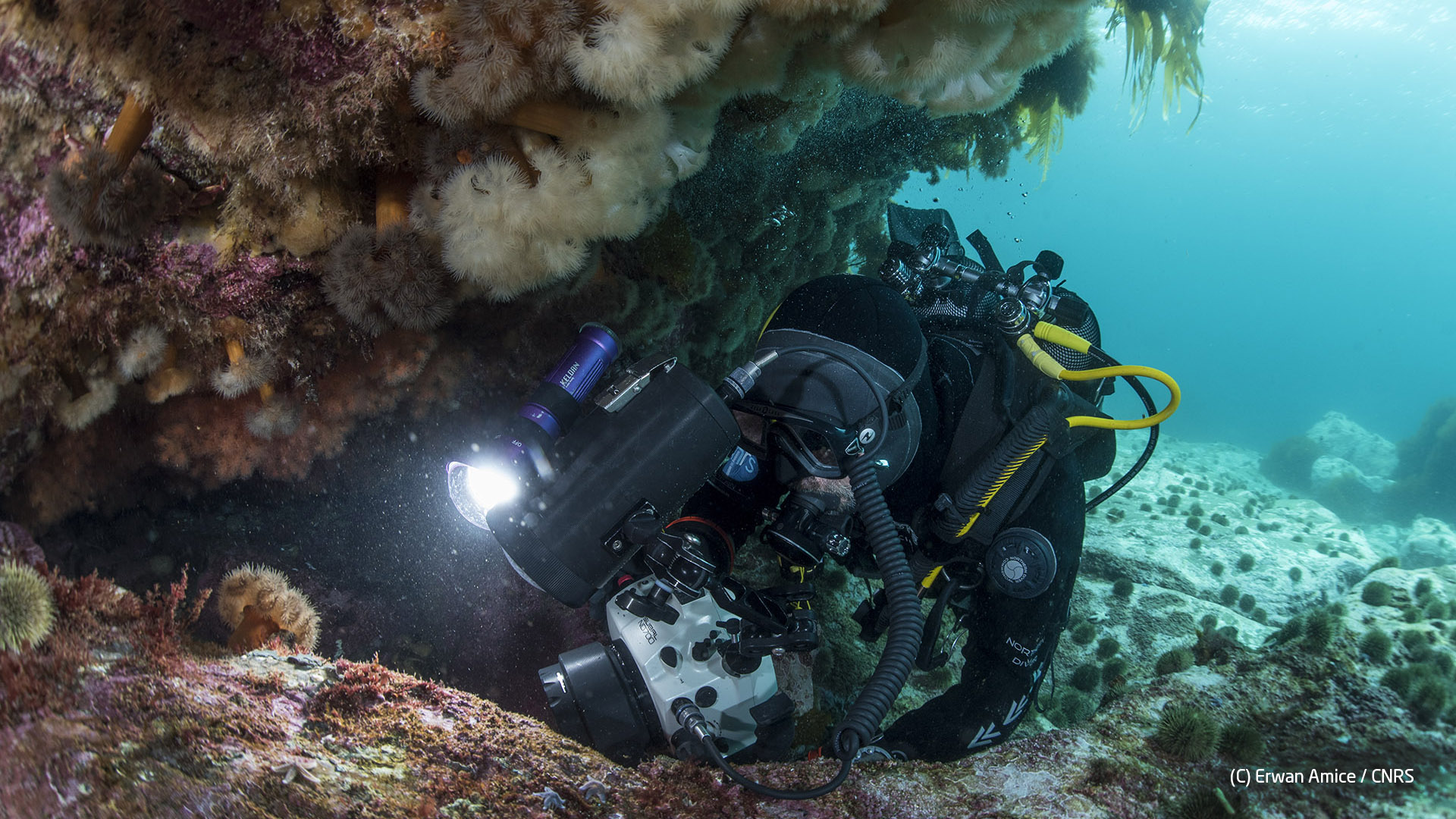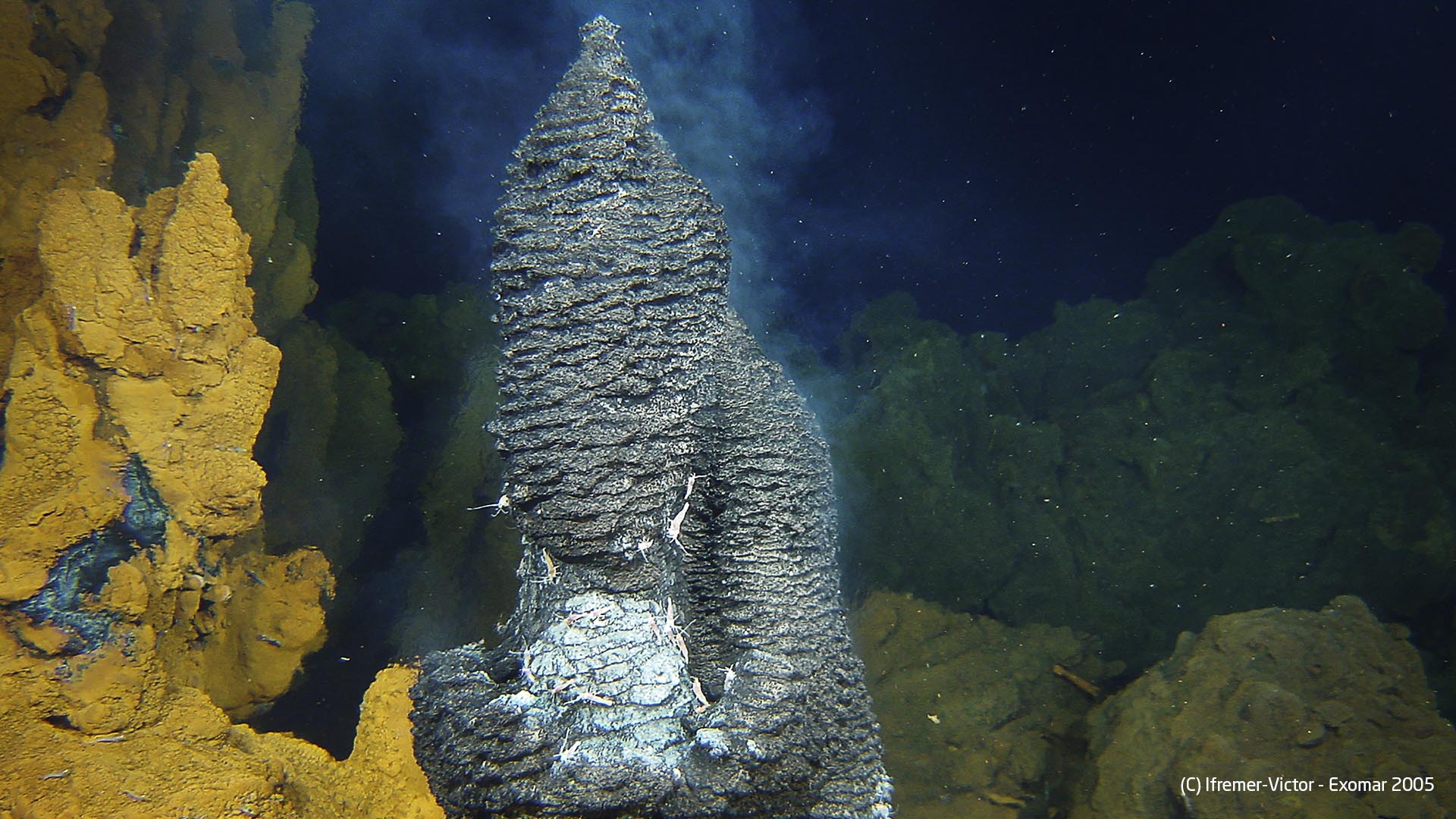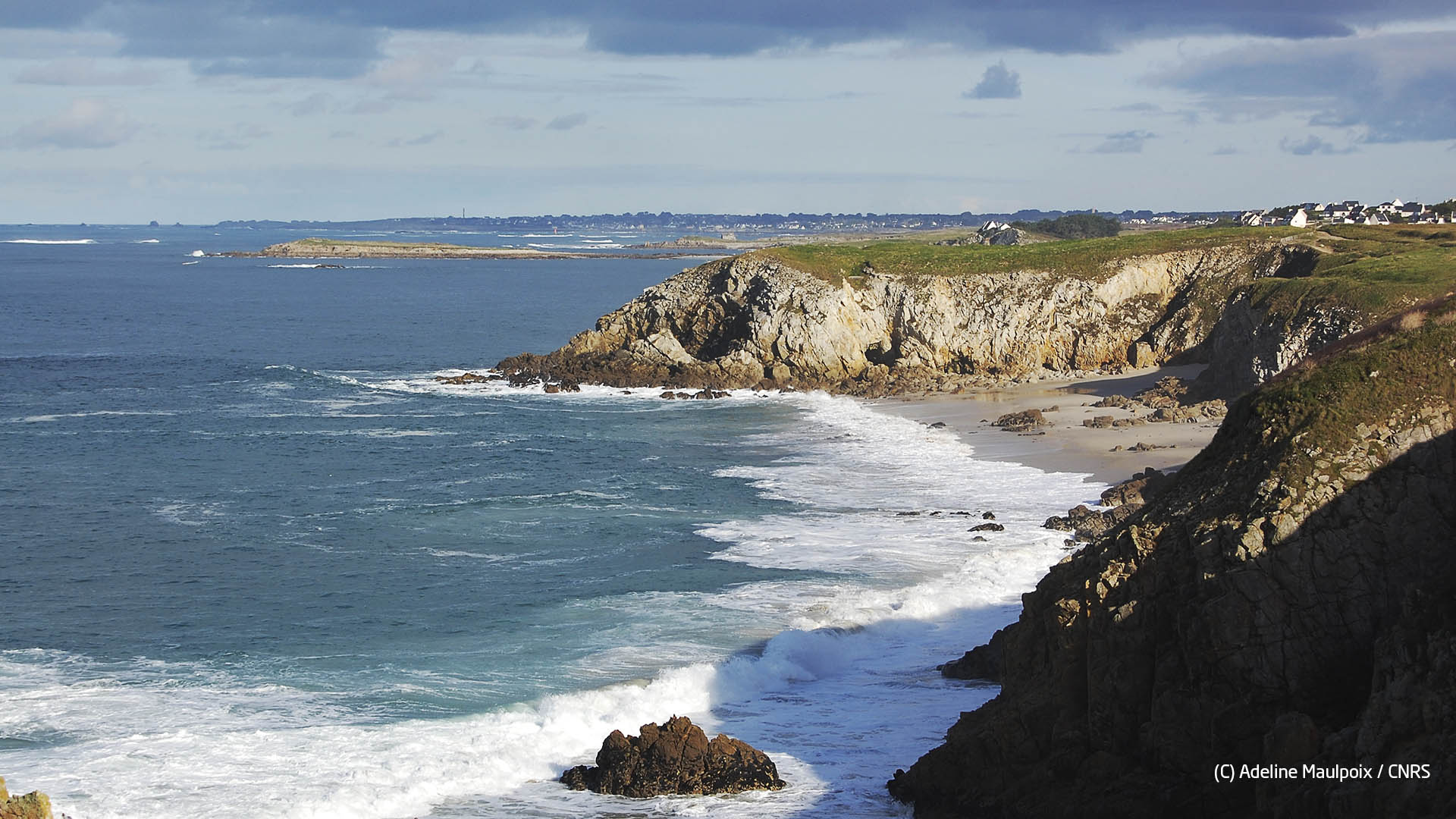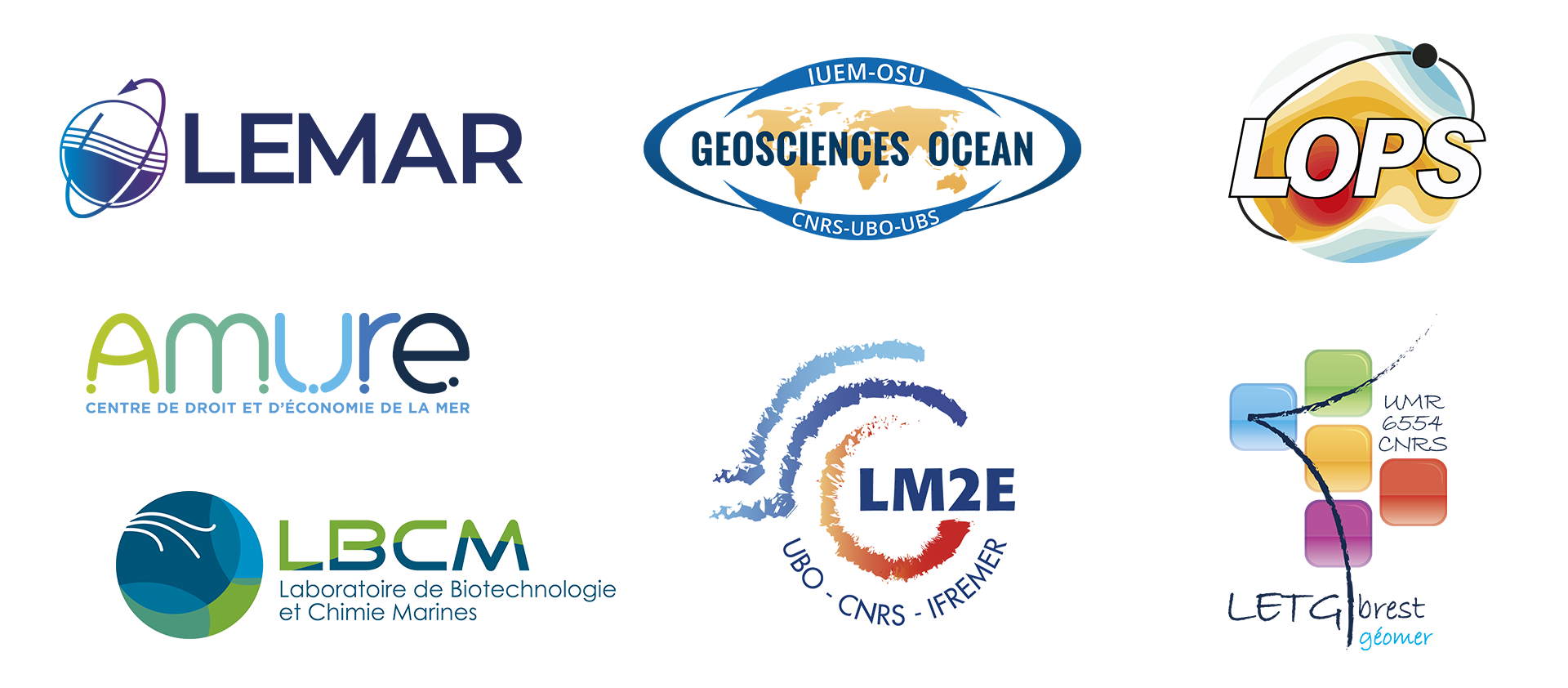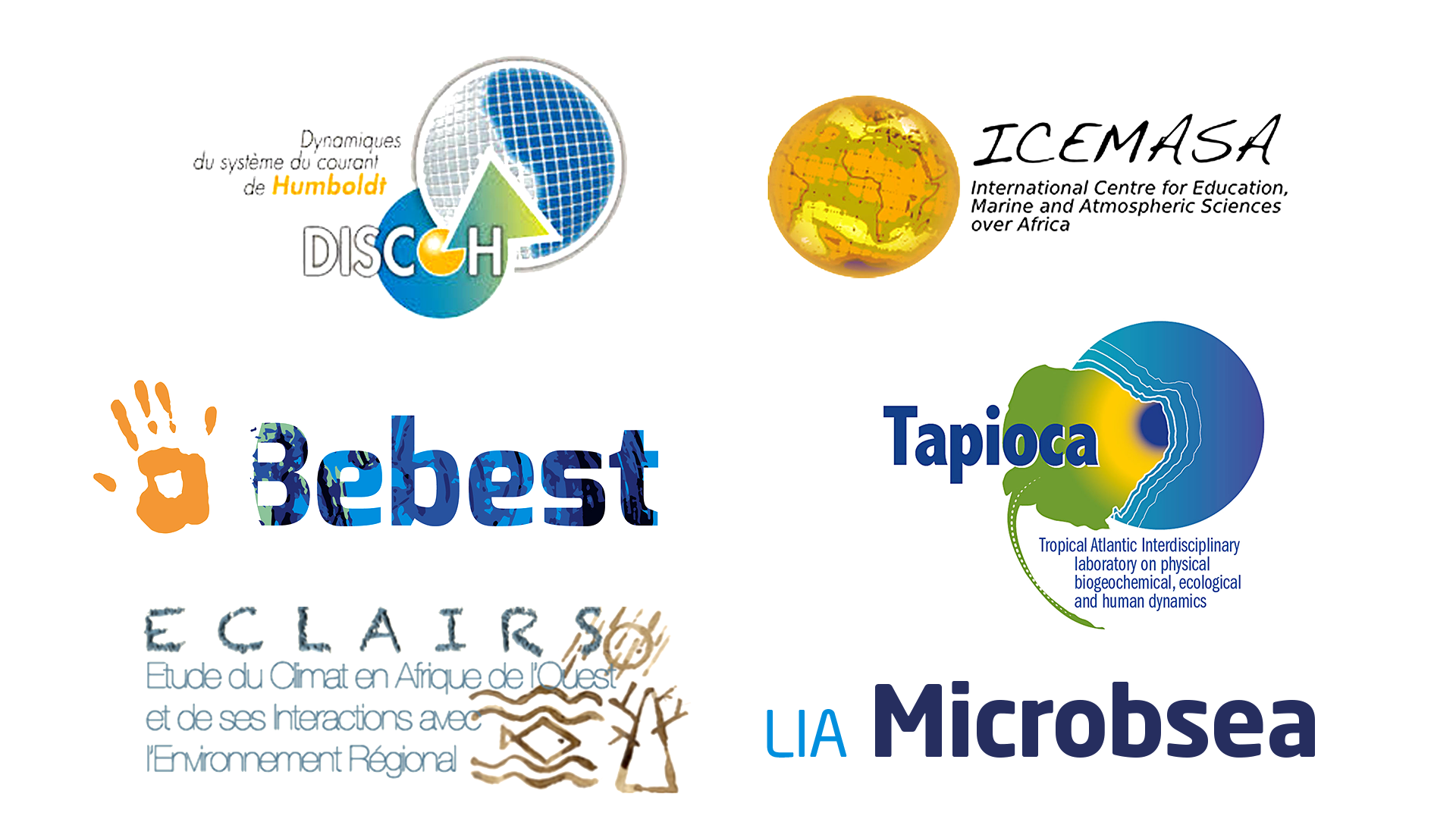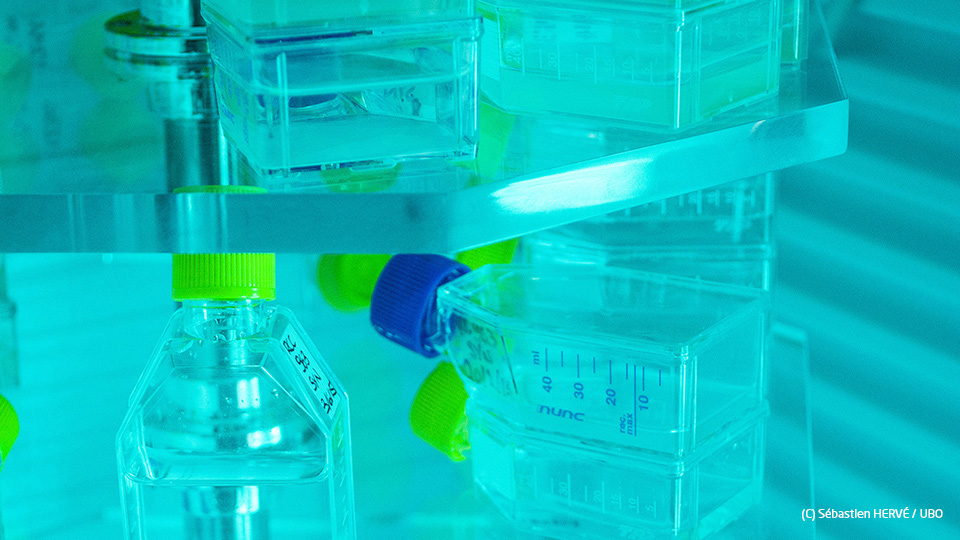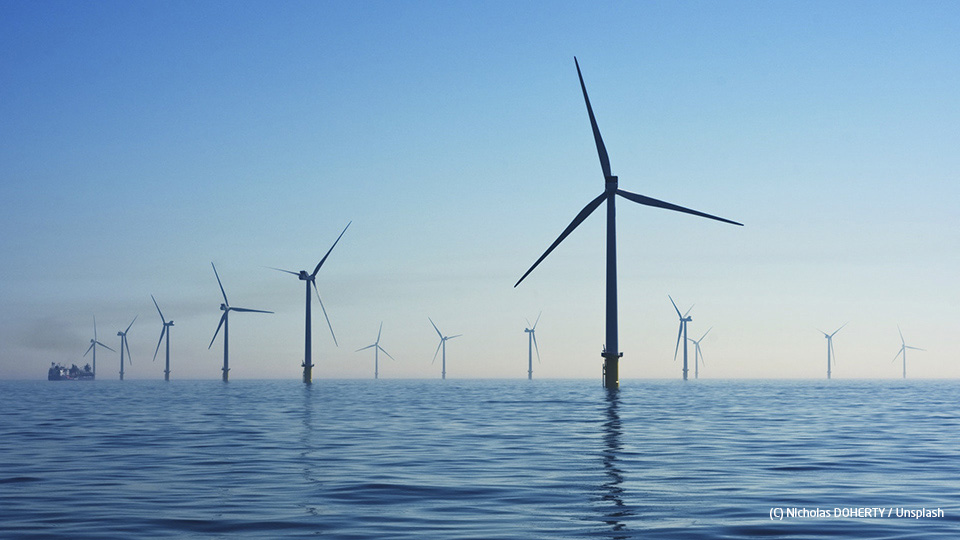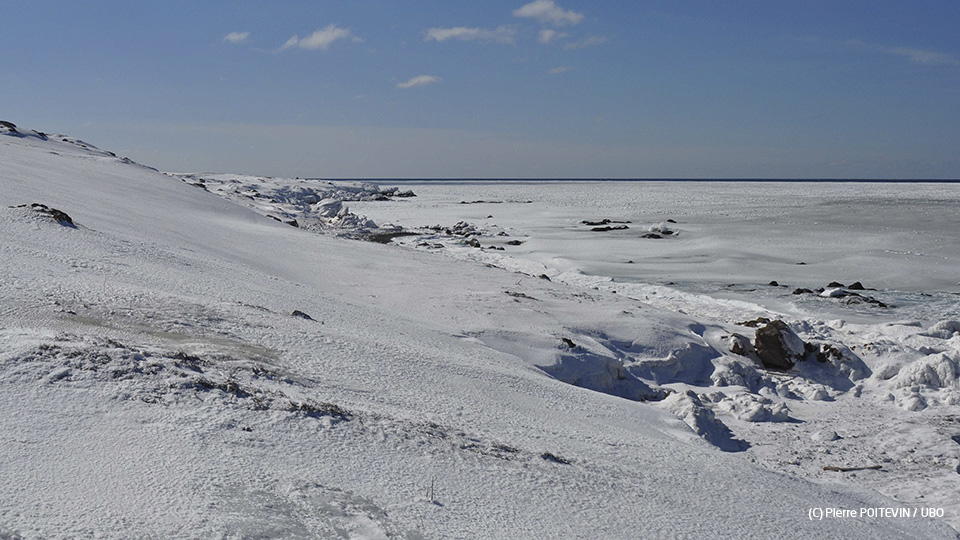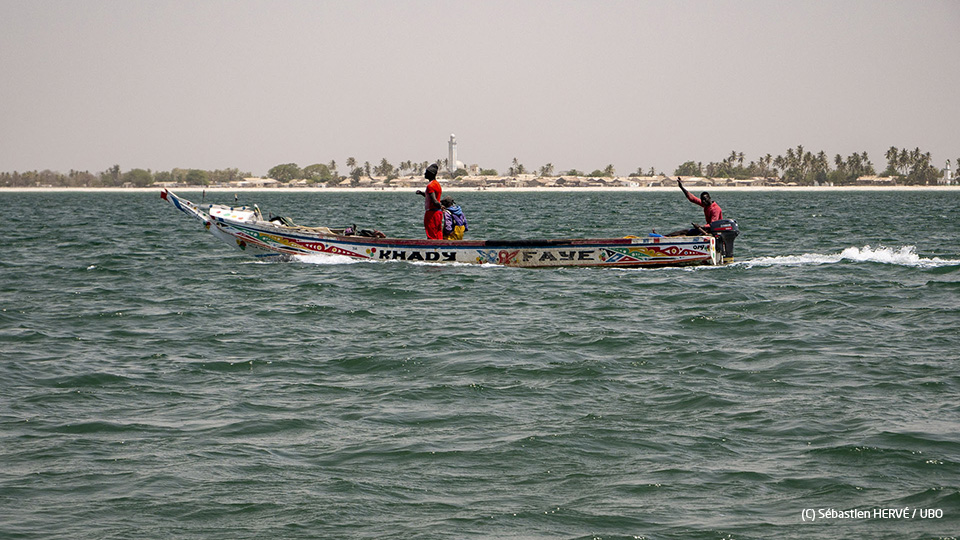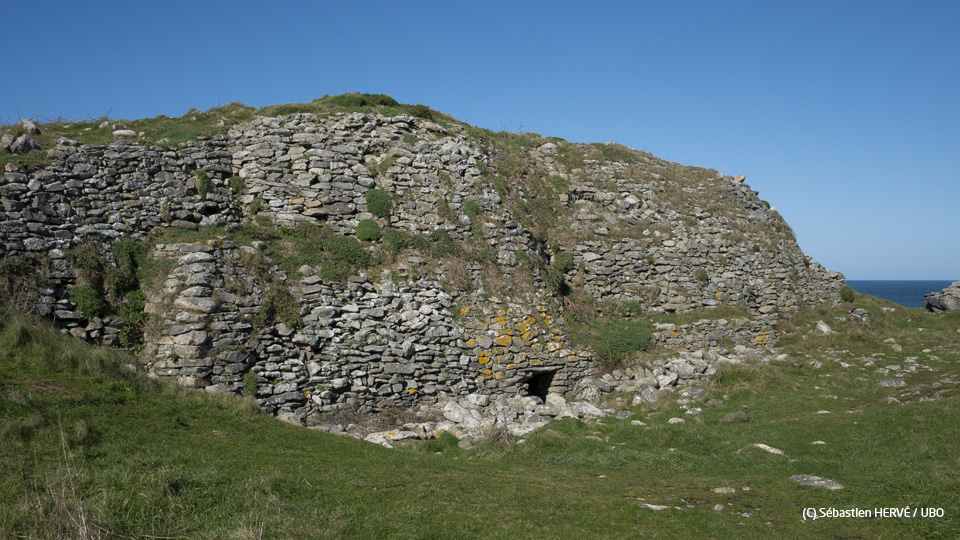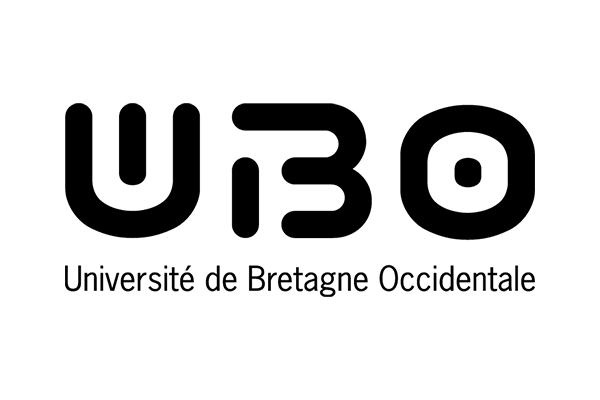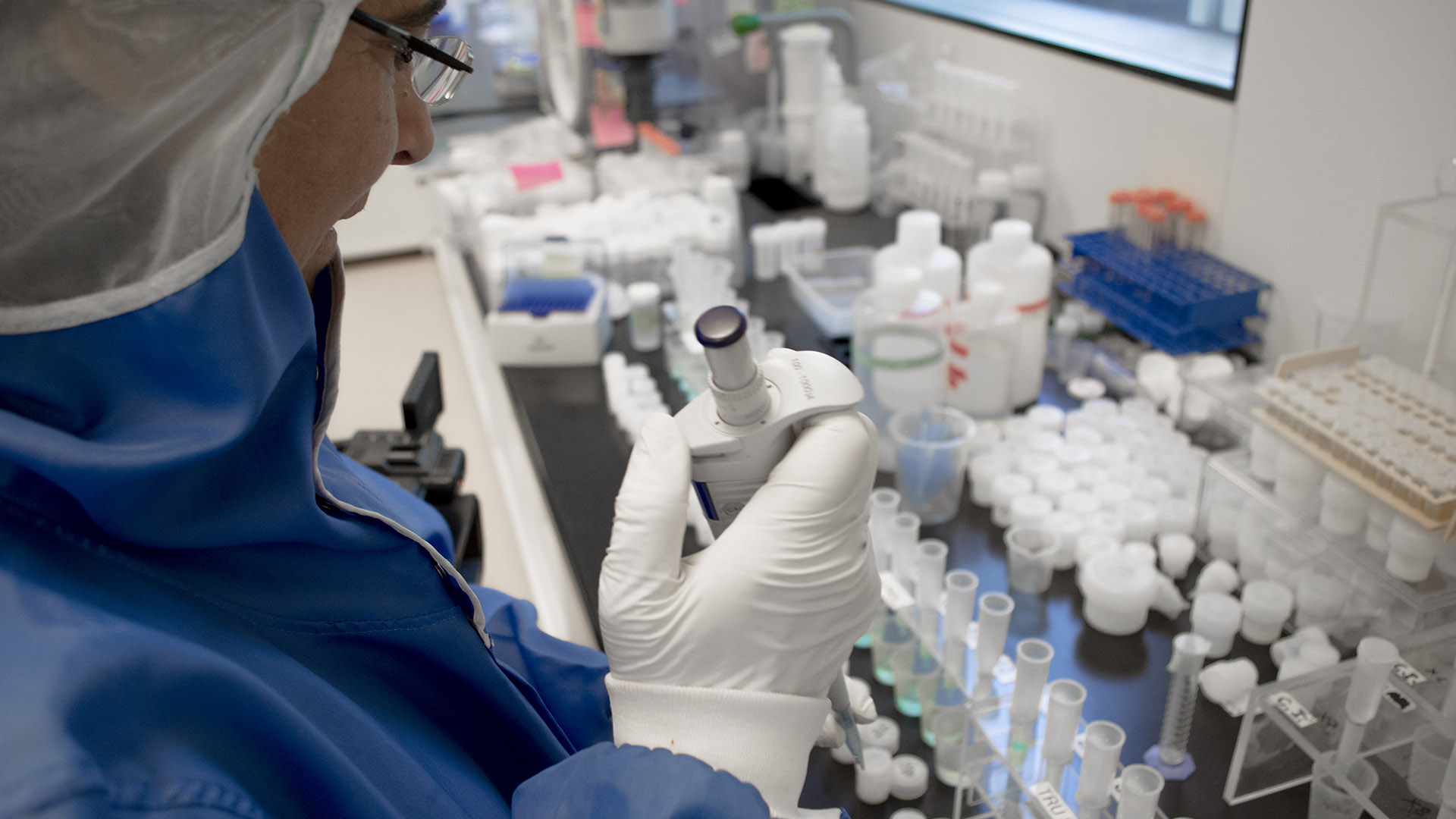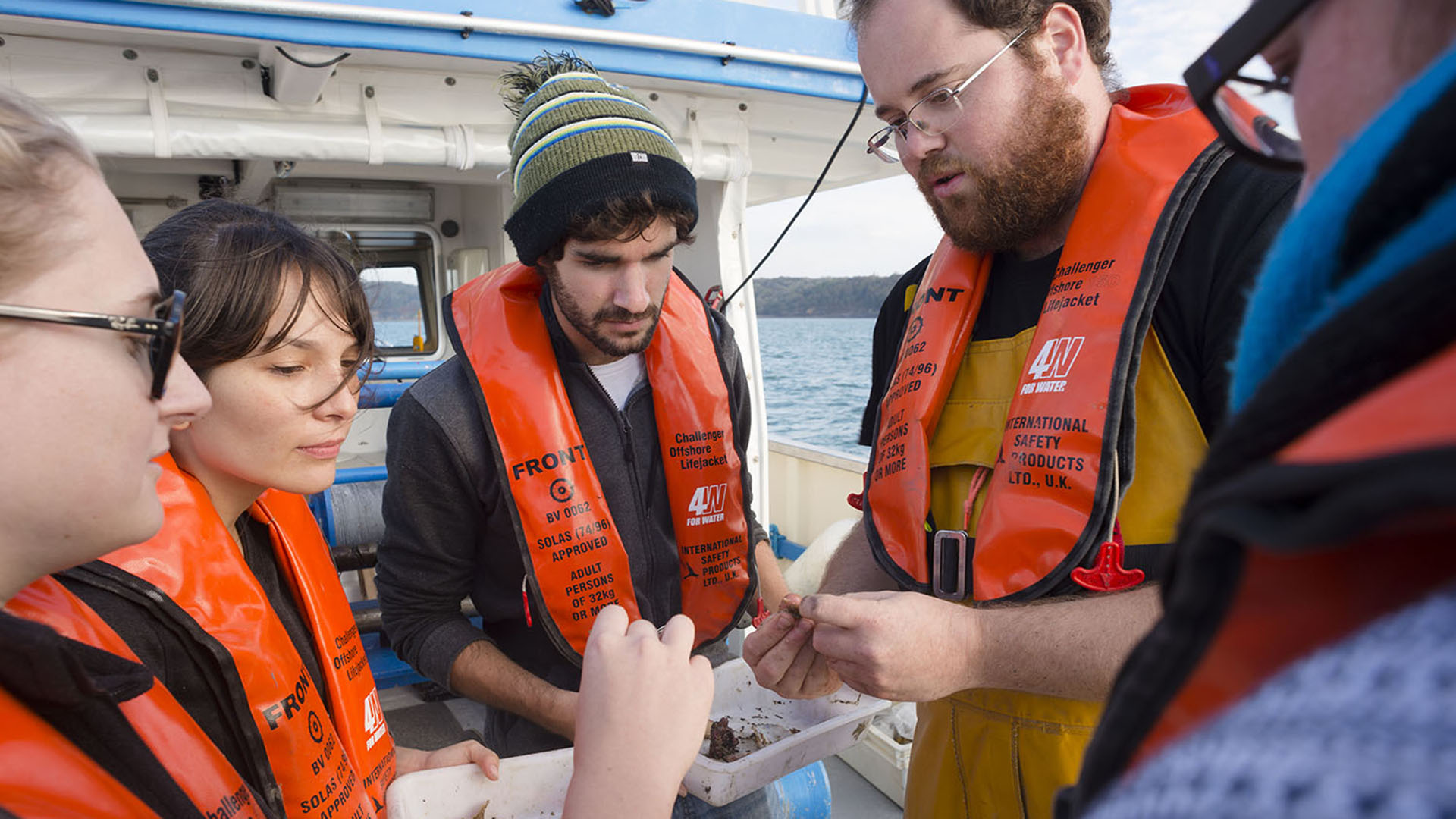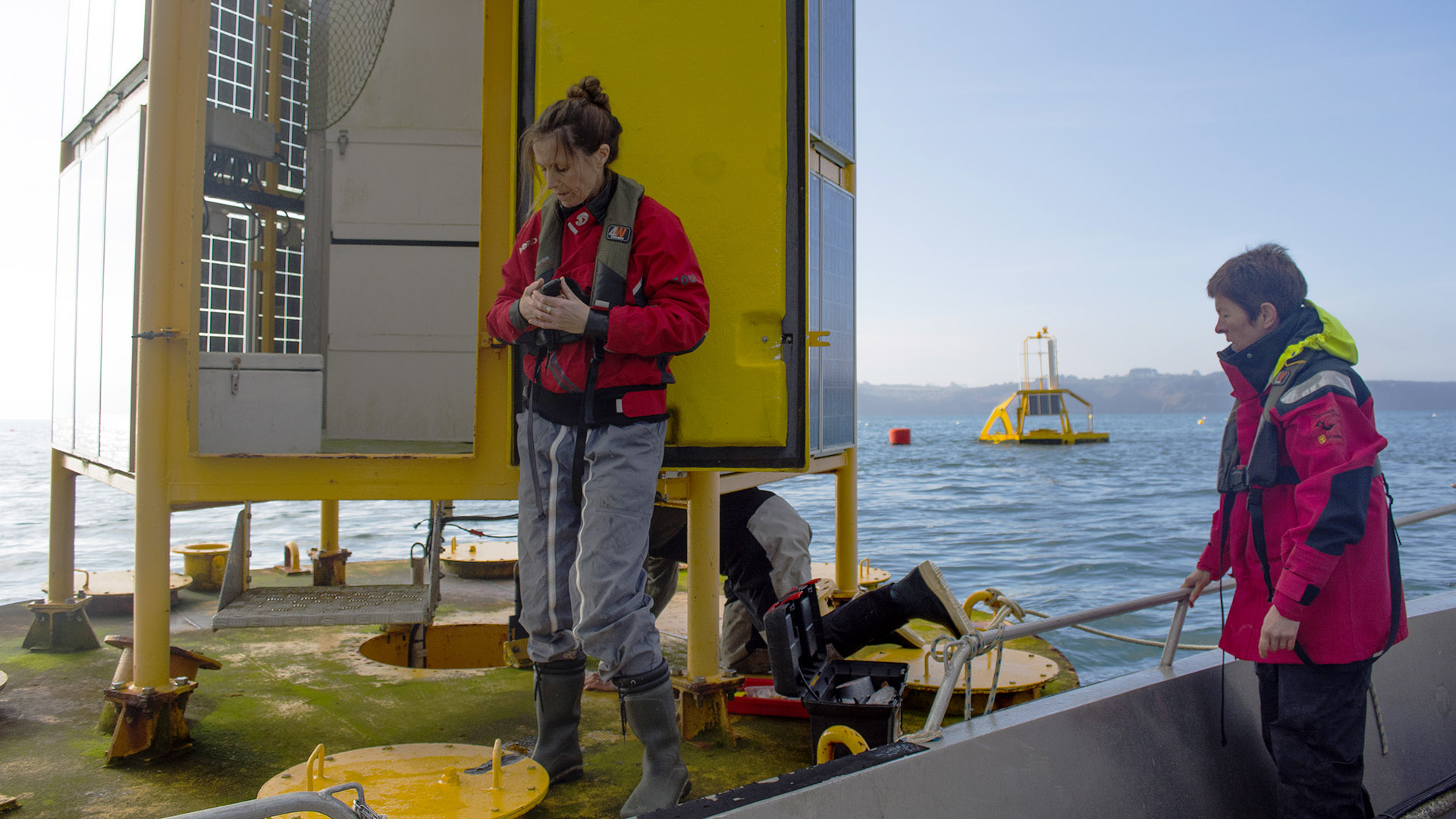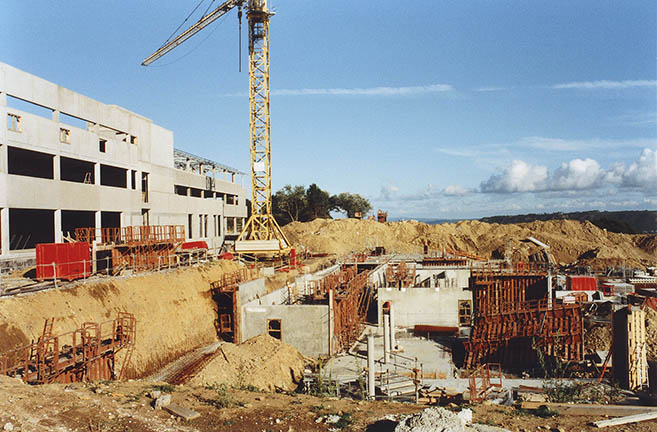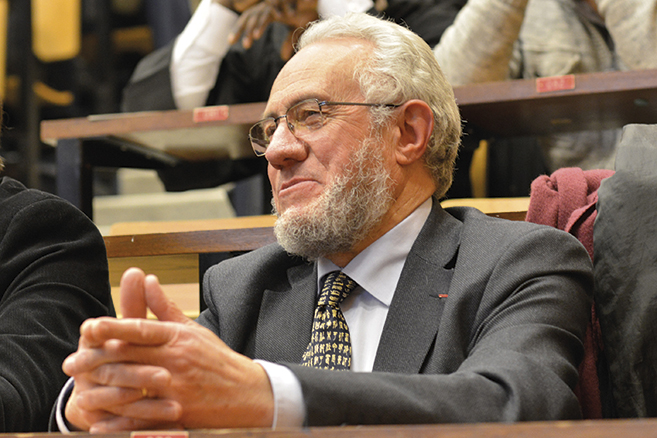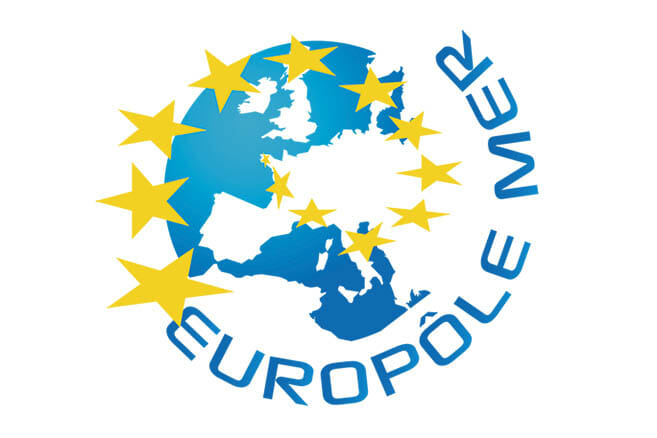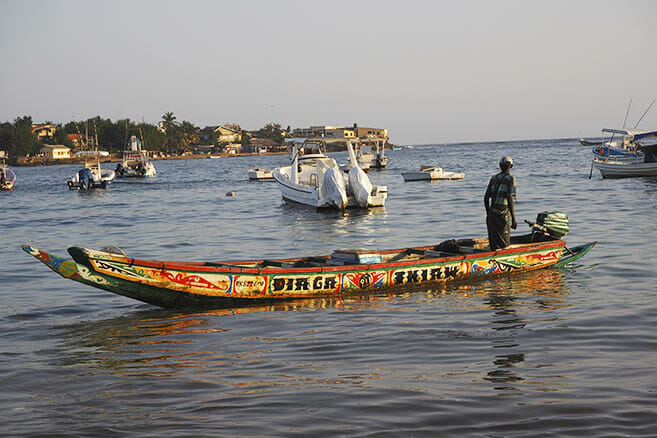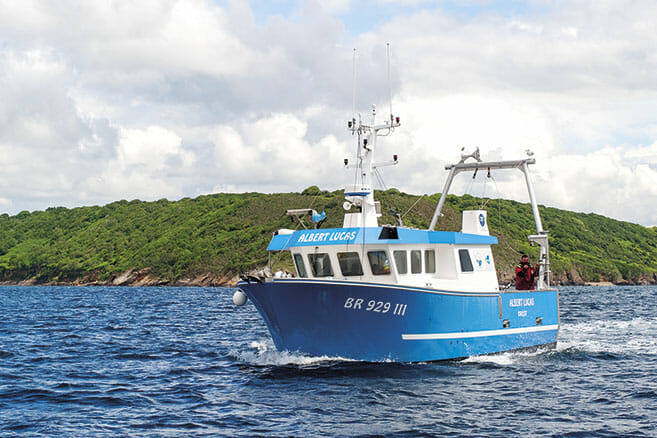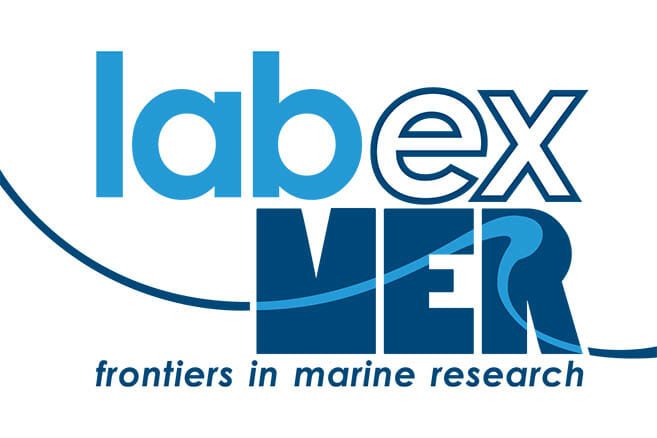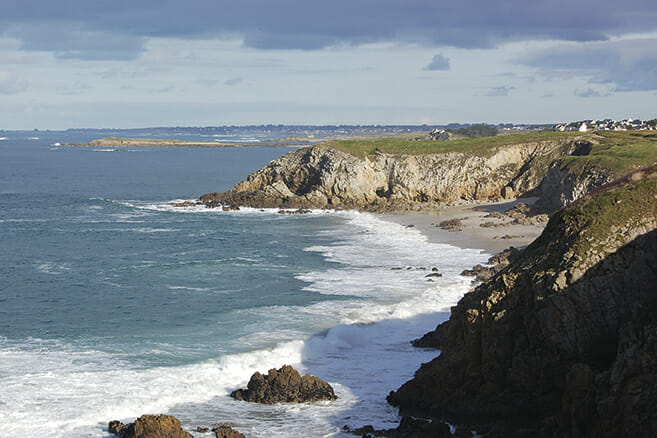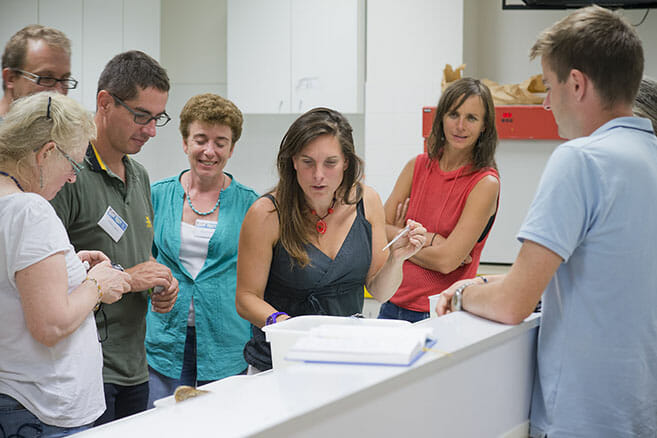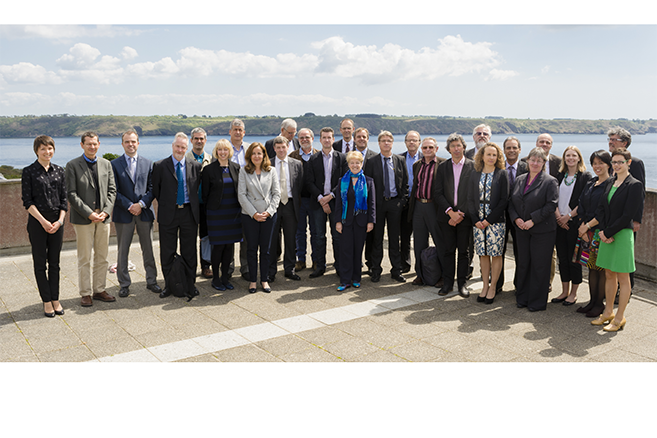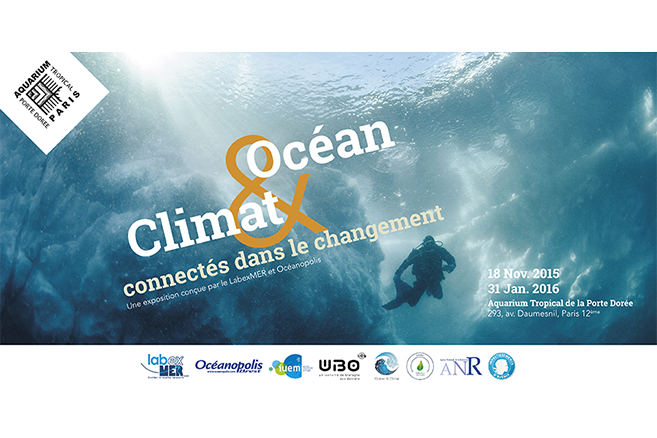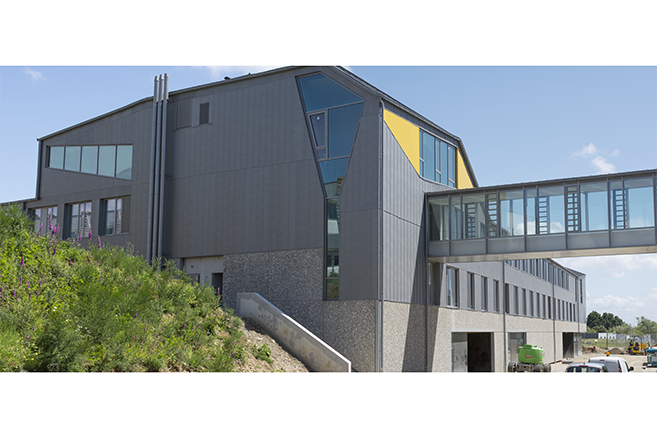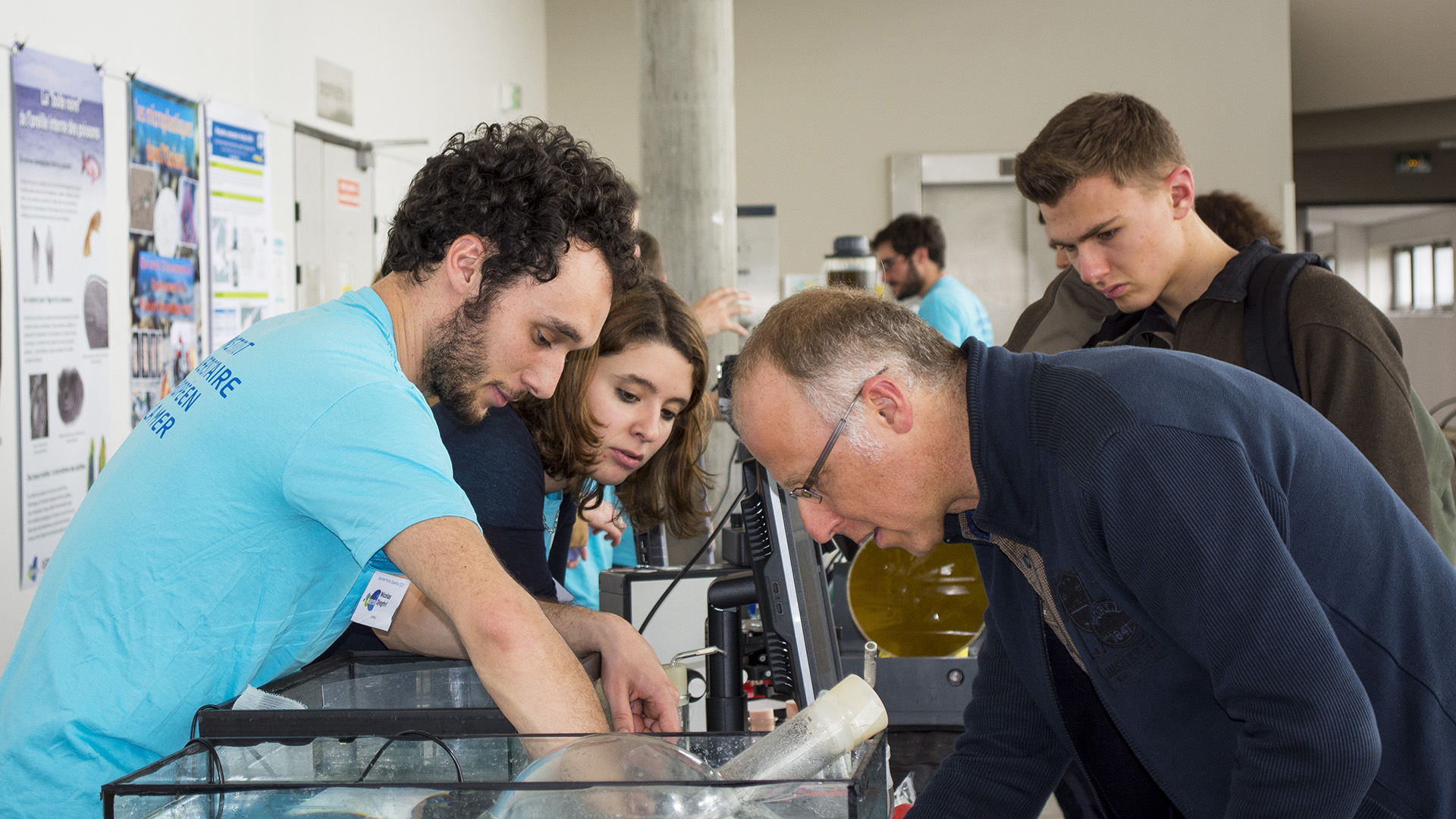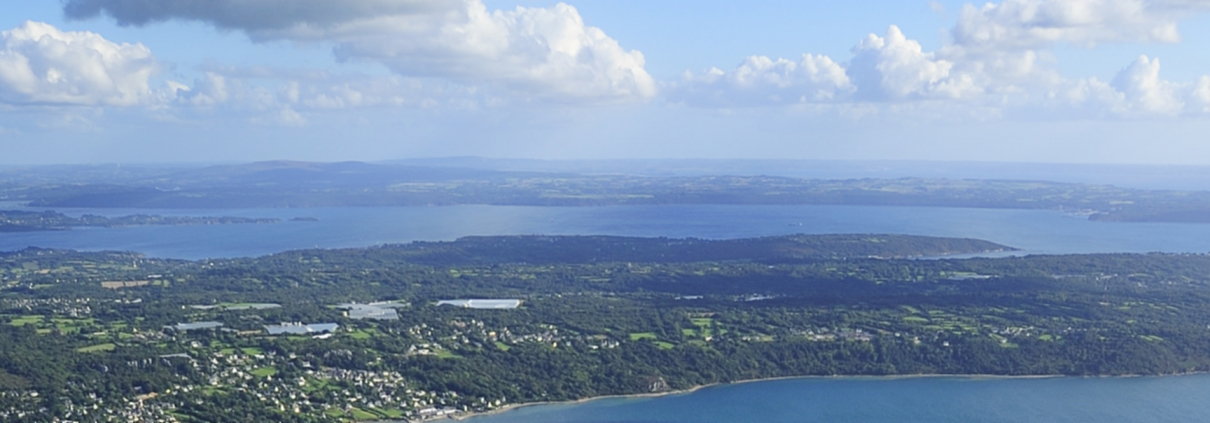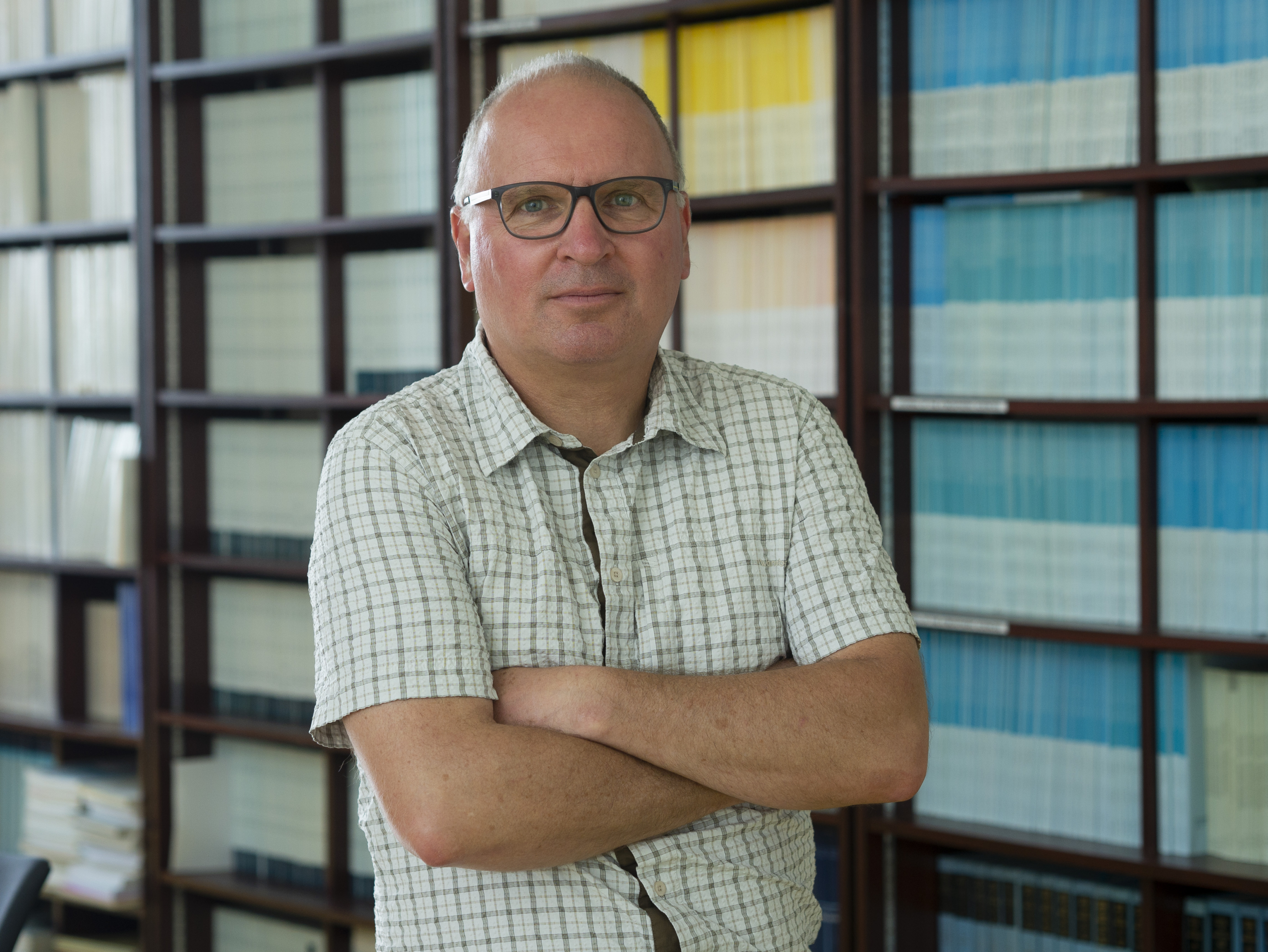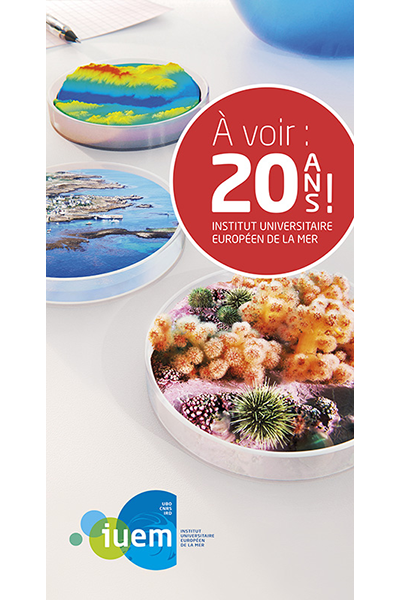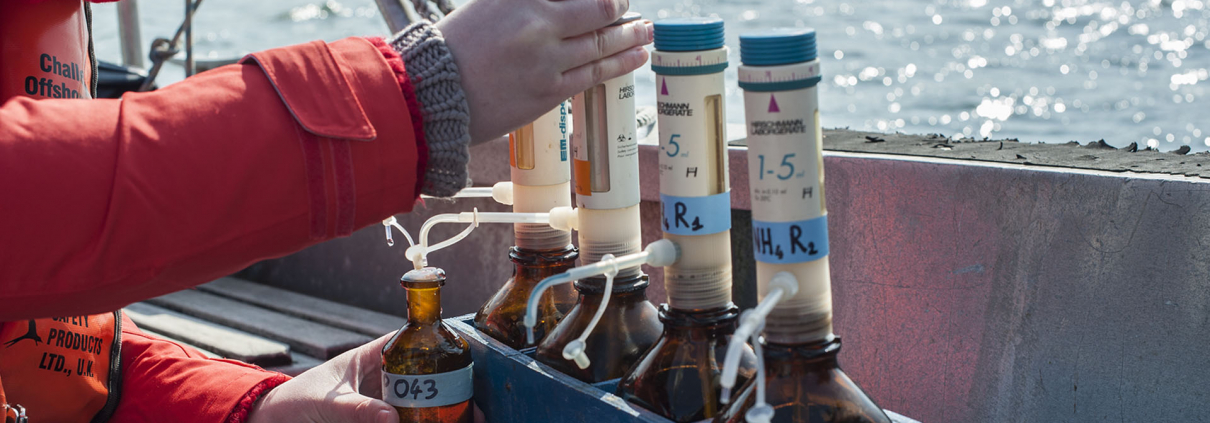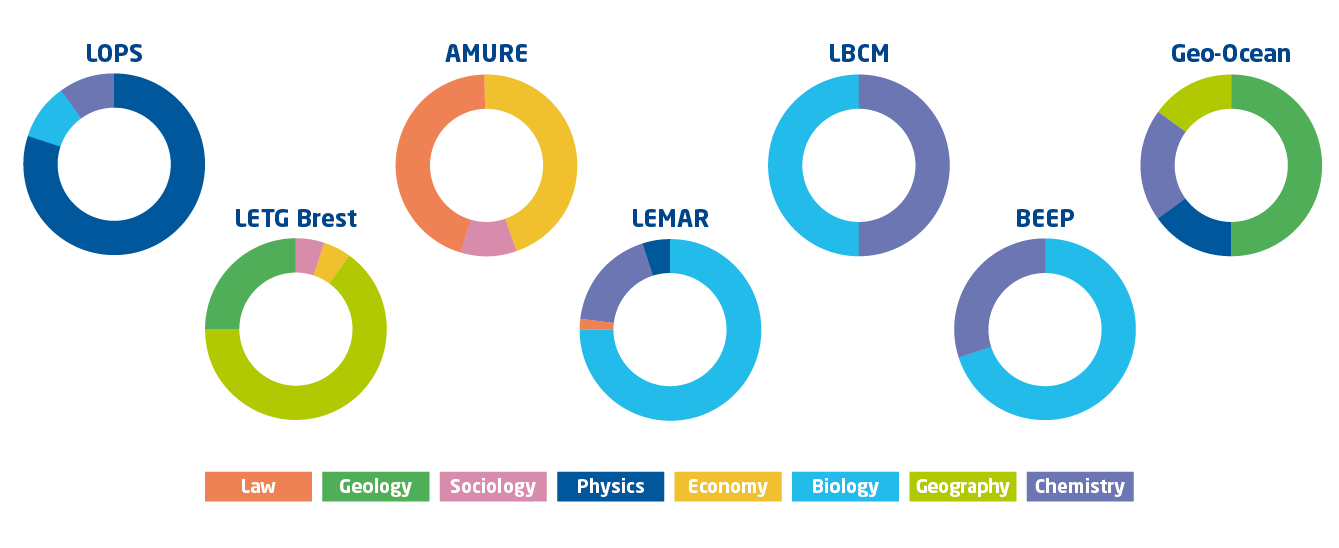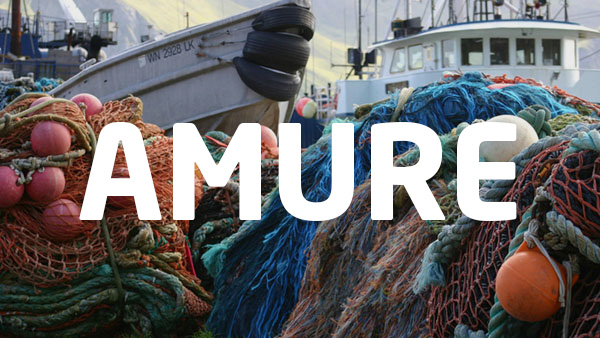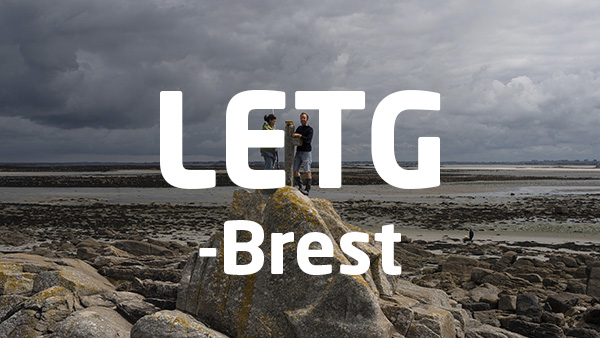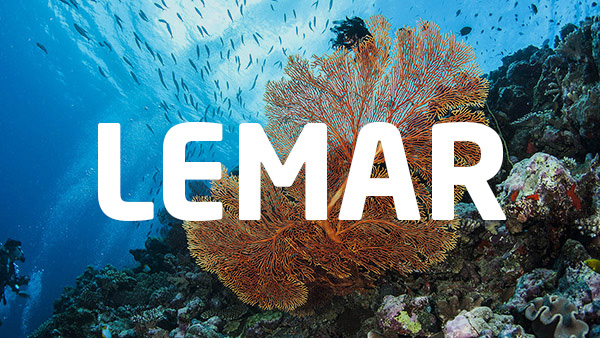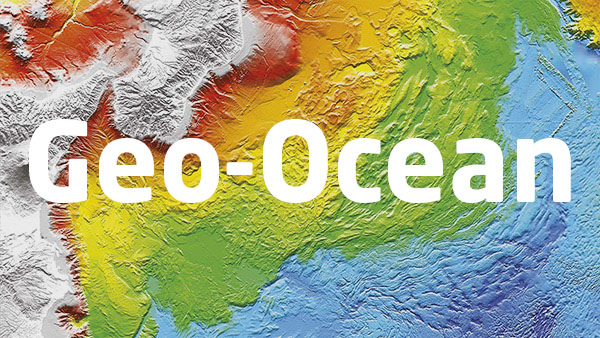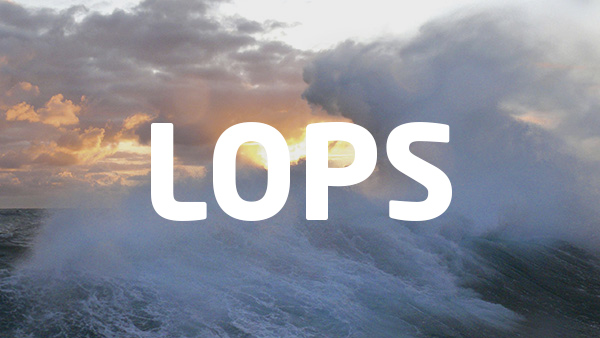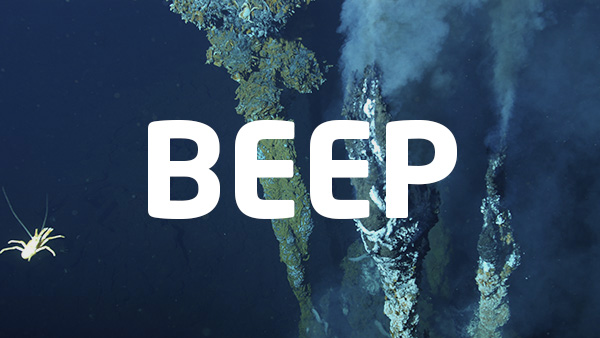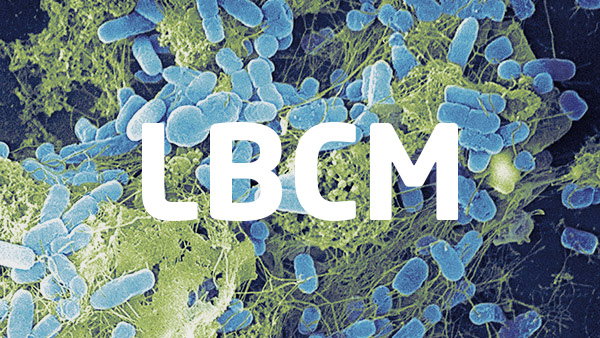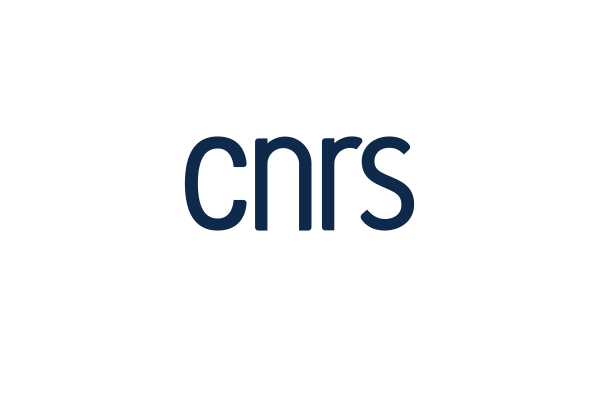Tag Archive for: research
Press
IUEM is a very active research institute. Events of all types are very often held there: symposia, conferences, seminars, thesis defences, open days. Press releases that are produced and regularly sent to journalists lead to coverage at both local and national level and in all categories of media: press, television, radio and websites.
Articles appear every week in the regional daily press (Le Télégramme, Ouest France), reports are also produced by radios (France Bleu Breizh Izel in particular) and regional televisions (Tébéo and France 3). Articles are also published from time to time in the national media (Le Monde, France Culture…).
The Institute’s Twitter account also makes it possible to keep up to date on the the Institute’s life.
A very complete report entitled “The Ocean at the heart of climate issues”, accessible to all, helps to understand the scientific research carried out at the Institute in this area.
Contact
International research laboratories
International research laboratories
Through LEMAR, LOPS and BEEP, IUEM is associated with 2 Joint International Laboratories (LMI) and 2 International Research Laboratories (IRP).
A LMI is an operational research and training structure that brings together one or more Joint Research Units (JRUs) affiliated to the IRD and one or more research and higher education institutions from developing countries. The LMI is physically located in the premises of one of the partners in the Global South, and allows joint training and research projects to be carried out around a common scientific platform (laboratories, equipment, IT resources, documentaries, etc.).
An IRP is a “laboratory without walls” that brings together a CNRS laboratory and a laboratory from another country around a jointly defined project. These laboratories pool human and material resources to carry out the project, which lasts 4 to 5 years. LEMAR and BEEP participate in IRP.
LMI ECLAIRS 2
LOPS
Launched in 2018, the LMI ÉCLAIRS 2 “Integrated Climate and Ocean Studies in West Africa and Responses to Climate Change in Senegal” is a follow-up to the LMI ÉCLAIRS “Climate Study in West Africa” created at the Cheikh Anta Diop University in Senegal in 2012. It aims to better understand the mechanisms underlying the two key Senegalese climate and environmental phenomena, the West African monsoon and coastal upwelling, in order to establish and consolidate climate services on different scales. It involves many partners in Senegal and France, including LOPS.
LMI TAPIOCA
LEMAR
The LMI TAPIOCA “Tropical Atlantic Interdisciplinary laboratory on physical, biogeochemical, ecological and human dynamics” aims to have a structuring role in the establishment of a Regional Centre of Excellence in Marine Sciences for the Tropical Atlantic at Recife. It is carried by the LEMAR.
IRP BeBEST
LEMAR
BeBEST (Benthic Biodiversity Ecology, Sciences and Technologies) focuses on coastal ecology and is located between engineering and environmental sciences. Its main objective is to lead an integrated approach aimed to propose new concepts in coastal ecology, developing analytical tools to test them, and implement them to study ecosystems that are inherently contrasting. The LEMAR is associated with it.
IRP MICROBSEA
BEEP
MICROBSEA, entitled “Franco-Chinese Deep Sea Microbiology Laboratory” is an associated international Franco-Chinese laboratory, focusing on the microbiology of hydrothermal springs. It was created following 8 years of scientific cooperation between 2 laboratories: BEEP/LM2E and the State Key Laboratory Breeding Base of Marine Genetic Resources (KLMBR), Third Institute of Oceanography, SOA, Xiamen, China.
Research themes
IUEM research units project can be presented very schematically in four main topics, broken down into objects and processes that researchers wish to better understand.
The ocean, a key actor in the biogeochemical cycles and climate of our planet
- Ocean warming and circulation in the past, present and future
- The chemical composition of ocean (especially trace metals) and major cycles: ocean acidification, deoxygenation, carbon cycle, pollution (e.g. heavy metals)
- Energy cycles, scale interactions and physical-biological coupling: from ocean turbulence < 1 km, to large eddies > 100 km and the global ocean
- The economic and legal challenges of global ocean change (warming, acidification)
Marine ecosystems and biodiversity
- Physiological and adaptation processes of marine organisms
- Properties of marine molecules, e. g. biofilms
- Functioning of ecosystems and food webs
- Cumulative impacts of exploitation pressures and biological and physico-chemical factors on the dynamics of exploited species and communities
- Ecological, economic, social and legal determinants of the development of human activities such as fishing or aquaculture
Still unexplored oceanic depths
- Deep-sea and ocean margin dynamics, associated earthquake risks, and mineral resource formation
- Earth Mantle Dynamics and Continental Growth
- Economic and legal stakes related to ocean domains
- Micro-organisms in extreme deep-sea environments and hydrothermal springs
The coast, a complex and fragile interface
- Physical processes in the coastal domain and at the land-sea interface, including interactions with atmosphere
- Coastal territories, their dynamics and their vulnerabilities, both physical (remote sensing, geomatics approaches) and human (societies evolution, uses)
- Public policies Analysis and evaluation and development of tools and scenarios to assist collective choices for coastal development
Research
IUEM is a key player in French and European marine sciences research. Benefiting from a privileged environment that brings together more than half of the national potential in this field, its teams are involved in all the major research issues and work on all the oceans. All disciplines studying the marine environment and the activities that take place there are represented: physics, chemistry, biology, genetics, ecology, biogeochemistry, geophysics, geology, geography, law, economics, etc.
7 research labs
Research work is carried out within its seven Joint Research Units (UMR), two International Joint Laboratories (LMI), as part of projects and programmes funded by the French National Research Agency (ANR) and the European Union, and two International Research Projects (IRP).
This work is published in specialised journals and in specific scientific media.
… and international laboratories
4 research themes
The research axes are defined by each laboratory, but some topics of interest to several laboratories are grouped under the name of “priority axes”. In addition, IUEM has defined with its partners research axes within ISblue.
The ocean, a major actor in the biogeochemical cycles and climate of our planet
Marine ecosystems and biodiversity
Still unexplored oceanic depths
5 transversal themes
IUEM federates the research units by leading five cross-disciplinary thematic research areas.
Marine biotechnologies
New uses and renewable energy
Polar research
Global South
The Institute
The IUEM is supported and financed by
3 complementary missions
Research
IUEM has seven laboratories (joint research units involving the UBO, CNRS, IRD, Ifremer and UBS) employing nearly 500 permanent and contract researchers, teacher-researchers, engineers, technicians and administrative staff.
Training
As an internal school of Université de Bretagne Occidentale (UBO), IUEM offers eight master’s programmes in the field of Marine and Coastal Sciences (SML), very closely associated with its laboratories, and also hosts the Doctoral School of Marine and Coastal Sciences (EDSML), a multidisciplinary school with 25 laboratories, within and outside the IUEM.
Observation
IUEM, as an Observatory of Universe Sciences (OSU), contributes to a national observation mission supported by a dedicated service unit. The Ocean is observed from the coast to the offshore, from the surface to the deep sea and in all its aspects: living and Physical Ocean, coastal and bottom interfaces, human use and management.
A few numbers
Scientific, technical and administrative staff
Masters students
PhD students
25 years
in marine and coastal sciences
Want to know more?
Laboratories
7 research labs
Management of uses, resources and marine and coastal areas
UBO | Ifremer | CNRS
The AMURE Joint Research Unit is a multidisciplinary research and training centre in human and social sciences applied to the sea. Its work focuses on the sustainable development of maritime activities, on the associated public policies and their impacts on the evolution of marine and coastal socio-ecosystems.
Littoral, Environment, Remote sensing, Geomatics
UBO | CNRS
LETG-Brest’s research activities bring together several fields of geography: physical geography, human and social geography, teledetection and geomatics, in order to study human-nature interactions in coastal and maritime environments.
Laboratory of Environmental Marine Sciences
UBO | CNRS | IRD | Ifremer
Understanding interactions within the marine biosphere is the central objective of this laboratory. Bringing together biologists, physicians and chemists, LEMAR’s research is carried out on a variety of study sites, from poles to tropics and from coastal areas to the deep-sea ocean. Its tools range from observation to modelling, including laboratory and field experimentation.
Geo-Ocean
UBO | CNRS | UBS| Ifremer
Geo-Ocean laboratory develops a multidisciplinary approach to the question of the genesis and evolution of oceanic domains (from continental rifts to ocean ridges, from coastlines to deep basins to continental shelves, from hot spots to volcanic islands, and from passive margins to active margins). The laboratory carries out innovative methodological and instrumental developments in the marine field and also has a high-performance analytical pole in petrogeochemistry, sedimentology and paleontology.
Laboratory for Ocean Physics and Satellite remote sensing
UBO | CNRS | Ifremer | IRD
Understanding and modelling oceans dynamics on different time and space scales is this laboratory central objective. LOPS combines oceanographic campaigns, data production and analysis of deep ocean and continental slope, and physical modelling based on the fluid mechanics of global ocean. This laboratory contributes to major advances in the understanding of ocean-climate relationships and more globally of the variability of the ocean system.
Biology and Ecology of Deep Sea Ecosystems Laboratory
UBO | CNRS | Ifremer
BEEP focuses on extreme environments microbiology, such as hydrothermal springs, cold seeps from continental margins and the seabed. BEEP scientific approach is developed thanks to skills and means unique in France for sampling, analysis and exploitation of microbiological samples, during numerous oceanographic campaigns.
Marine Biotechnology and Chemistry Laboratory
UBO | UBS | CNRS
LBCM has developed a recognized scientific specialty in marine biofilms study (organized populations of microorganisms growing on surfaces). Using a variety of tools and approaches that combines genetics, analytical chemistry and cell physiology, this laboratory studies the interactions between living organisms and abiotics, and promotes the biotechnological developments that emerge from them.
